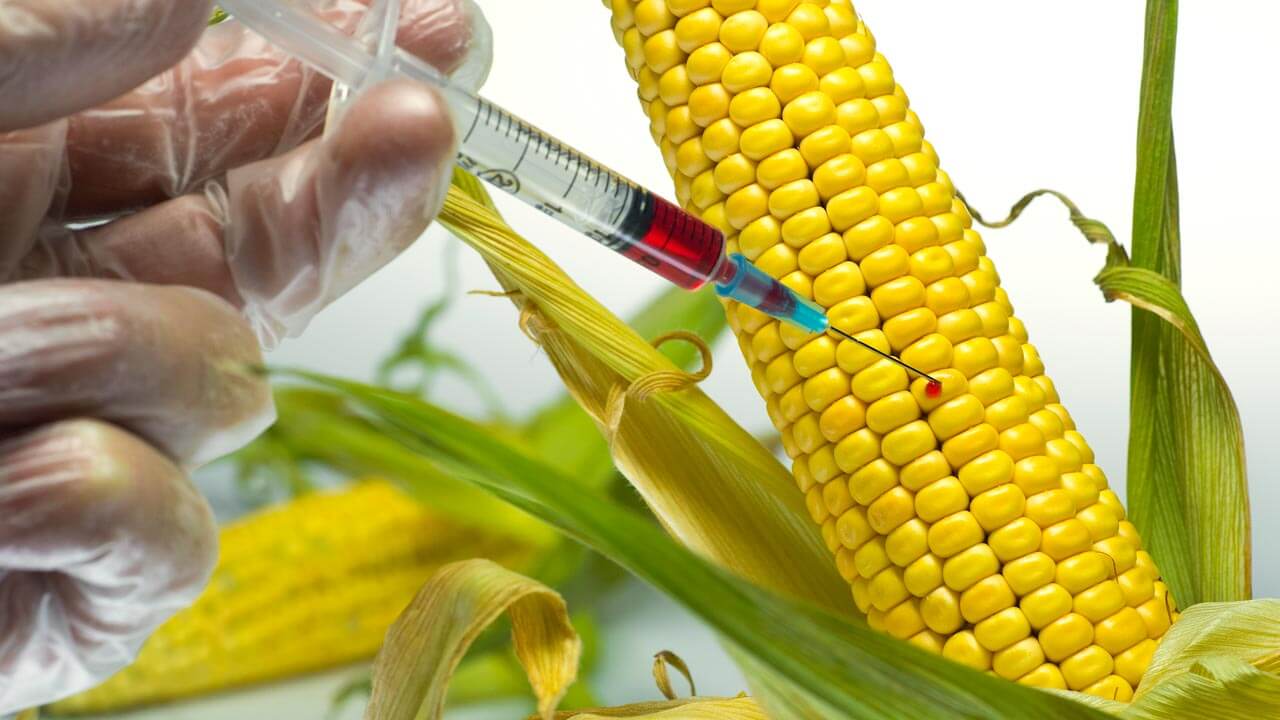In the ever-evolving landscape of food production, the advent of bioengineered food has introduced both promise and complexity. For food safety, quality assurance, and regulatory professionals, understanding the intricacies of bioengineered food is essential. This article delves into the realm of bioengineered food, its implications for the industry, and strategies to ensure compliance in this new era.
Understanding Bioengineered Food:
Bioengineered food, also known as genetically modified organisms (GMOs), is the result of genetic modifications made to enhance certain traits of crops. These modifications often aim to improve yield, resistance to pests, and nutritional content. While these advancements can offer benefits like increased food production, they also raise concerns about potential long-term health and environmental effects.
Navigating Regulatory Frameworks:
The introduction of bioengineered food has prompted rigorous regulatory frameworks worldwide. Food safety professionals play a crucial role in ensuring that bioengineered foods meet safety and labeling standards. Compliance with regulations like the U.S. National Bioengineered Food Disclosure Standard and the European Union's GMO labeling requirements is paramount in assuring transparency to consumers.
Addressing Safety Concerns:
Food safety professionals are tasked with evaluating the safety of bioengineered foods from farm to fork. Rigorous risk assessments are essential to determine potential allergenicity, toxicity, and unintended effects. These assessments involve thorough analysis of the introduced genes and their potential impact on human health, and they are pivotal in preventing potential health risks.
Enhancing Transparency and Consumer Trust:
Transparency is a cornerstone of regulatory compliance in the bioengineered food landscape. Accurate labeling and clear communication about the presence of GMOs in products are crucial to inform consumers' choices. By fostering transparent communication and providing accurate information, regulatory professionals contribute to building and maintaining consumer trust.
Elevating Bioengineered Food Compliance with SGS Digicomply:
In navigating the complexities of bioengineered food regulations, advanced tools prove indispensable. SGS Digicomply offers a suite of solutions that empower food safety, quality assurance, and regulatory professionals. By harnessing predictive analytics, real-time monitoring, and compliance tracking, you can stay ahead of evolving regulations, ensuring the safety and compliance of bioengineered foods.
Conclusion:
As bioengineered food becomes increasingly integrated into our food systems, the role of food safety, quality assurance, and regulatory professionals becomes even more pivotal. Striking a balance between innovation, compliance, and consumer trust is paramount. By embracing cutting-edge technologies, such as those offered by SGS Digicomply, professionals can navigate the intricate bioengineered food landscape with confidence, ensuring a safer, more transparent food supply for all. Explore SGS Digicomply platform now.





.webp?width=1644&height=1254&name=Food%20Safety%20Dashboard%201%20(1).webp)
